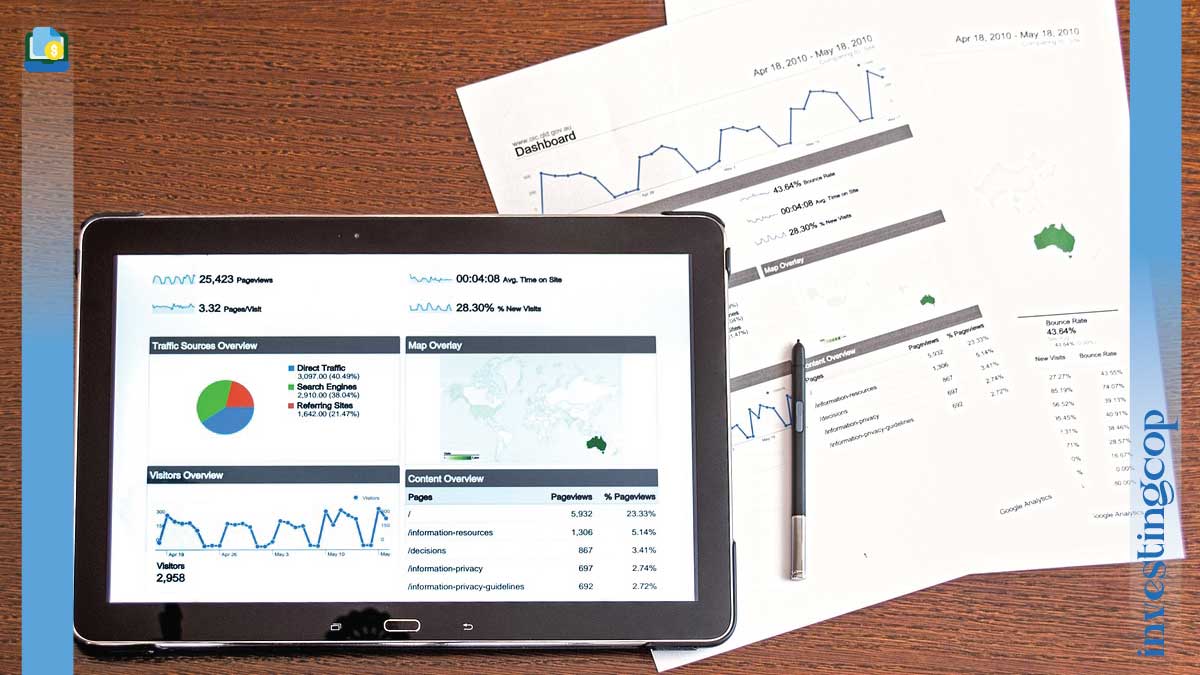Something is happening with ESG investment (investment based on environmental, social and corporate governance criteria).
In the United States, an anti-sustainability movement by Republicans has been raging for many months. The reason there is very clear and very political: sustainable investment excludes fossil fuels from portfolios, in many cases, something that is not in the interest of those States whose economies are deeply linked to oil and gas.
In the asset management field, news has been made about the departure of large US fund managers, such as JP Morgan and Pimco, from a well-known climate initiative: Climate Action 100+. This was interpreted as a step backwards in their commitment, and as a sign that the rejection of ESG in the US is so strong that many firms already choose to conceal or silence their sustainable actions.
Teresa Ribera, Third Vice President of the Government and Minister for the Ecological Transition, took advantage of her speech at an ING event last month to slap these large fund managers on the wrist.
In Europe, the panorama is different. This region has led the implementation of green finance regulation (through the Action Plan on Sustainable Finance). There are no such political wars here. But there is a palpable “ESG fatigue”, an expression used by Rocio Jaureguizar, senior sales manager specializing in responsible investment at Pictet AM in Spain. “We perceive an ESG fatigue, which is a term that we are using a lot internally in the sense of exhaustion, tiredness.”
“Socially responsible investment was created in Europe with a touch of fanaticism that permeated the investors’ side, through bans on certain sectors, and this has had consequences,” said Ivan Martin, president of Magallanes Value Investors. He stated that the “hostile” regulatory environment creates “competitive micro-disadvantages between European companies compared to their North American counterparts.”
The reality of the regulatory tsunami of European sustainable finance is summed up by Alberto Andreu, professor at the University of Navarra: “In 2011, within the EU there were only 11 initiatives classified as ESG. Ten years later, in 2021, we had up to 511.”
ESG investment collections
In any case, money continues to flow into sustainable investment funds. Jorge Gonzalez, director of Analysis at Tressis, stresses this: “There has indeed been a lot of noise against sustainability, but the reality is that money continues to flow in .” According to data from Bloomberg and State Street, by February 16, more than $6 billion had flowed into products with socially responsible criteria in 2024. In the last 6 months, this figure has already reached $27 billion.
“In addition, if we look at which assets have received the most money, it has been precisely in US equities, the very country where the focus of all this noise is,” adds González. A report from Morningstar and Morgan Stanley from the end of February shows that European sustainable investment funds also received positive flows in 2023: these vehicles “attracted $144 billion in 2023, of which $18 billion came in the fourth quarter,” the document states. Most of these inflows went to passive management funds.
According to Ricardo Pedraz, an Afi consultant specialising in climate and sustainability risks, “there is a clear market failure in the climate transition. It is necessary to mobilise funds and projects more quickly than before.” In the Old Continent, investment channelling and sustainable progress “are being carried out via regulation and market standardisation.
That is very European. But this part is missing, which is very Anglo-Saxon in concept, and I think is essential,” explains this expert. He is referring to public-private collaboration, which accelerates “private financing decisions, which are essential,” he adds. In the United States, the IRA ( Inflation Reduction Act ) is a clear model of support in this regard, and bets of this type were also made at the last COP28 in Dubai.
Mobilizing capital to achieve the green and digital shift that Europe needs is imperative, given that, according to estimates by former European Central Bank President Mario Draghi, the EU will need around €500 billion annually to carry out this transition.
“This anti-ESG wave coming from the other side of the Atlantic is proof that all the efforts the EU is making in sustainable finance are being effective; if European sustainable investment, as it is being proposed in the regulatory framework, were 100% harmless, it would not have generated what I consider to be a geopolitical reaction,” says Andrea Gonzalez, general director of Spainsif, a platform that promotes sustainable investment in Spain.
‘Hiding’ ESG
“I’m not going to use the word ESG because it has been misused by the far left and the far right,” said Larry Fink, CEO of BlackRock, in mid-2023. Asset managers are beginning to silence their sustainable initiatives. Is it a question of labels? Should we stop using the acronym ESG? In the words of Alberto Andreu, “It is clear that a few years ago sustainability was a meeting point and it is no longer, but I do not think that stopping using that acronym would help much because deep down we are still talking about the same thing: managing risks and looking for opportunities.”
For his part, Jose Carlos Mendez, dircom of EVO Banco, does think that “jargon is important because it is what surrounds a value proposition; and sometimes brands get exhausted from using concepts such as ESG so much.”
Ricardo Pedraz (AFI) believes that, although “the anti-ESG debate has flourished” in recent times, what has come to stay in the investment world is the use of ESG criteria to reduce risks in portfolios. “Almost no one considers that ESG factors should be excluded when evaluating an investment or financing; that is now beyond any doubt.” The impact of environmental, social or governance issues on accounts and on the share price is more than clear.
ESG factors are relevant today and will continue to be so in the future, he says; “where the noise has been, the focus of this anti-sustainability movement is in the decisions of certain instruments that impose sectoral limitations and exclude specific industries [such as the oil industry]. Along the same lines, Andrea González (Spainsif) also appeals to us not to forget “the business case or the investment logic behind the incorporation of non-financial information into decision-making.”
It does not pay to label yourself as a ‘green’ fund.
In recent years, European companies, including asset managers, have been subjected to a veritable flood of regulations. Asset managers have had to deal with the difficulty of making their product range fit into the classification included in the SFDR (Sustainable Finance Disclosure Regulation), which establishes two types of sustainable funds: Article 8 (which has “ESG characteristics”) and Article 9 (the purest, as they pursue a specific sustainability objective and have to prove it). Three years later, 56% of fund assets in the EU are now 8 or 9 funds, but the latter, which are the purest in terms of sustainability, only account for 3%.
Many fund managers claim that, due to the requirements and costs, it is not worth it for them to classify their funds as Article 9, even though they are by nature. In fact, many vehicles that were initially classified as ‘ 9’ decided to downgrade to ‘ 8’ later. “The cost involved for not-very-large fund managers is very important in proving that they follow socially responsible criteria measured on the basis of what the regulator is currently asking for,” laments Jorge Gonzalez.
Fund managers find, among other things, that they are required to disclose data on their funds that their investee companies are not yet required to report. It is no longer just what Europe demands: “The National Securities Market Commission is extremely demanding on sustainability issues,” and all these requirements “cause a weariness on the part of fund managers because, in the end, they involve resources, people, time,” adds González.





